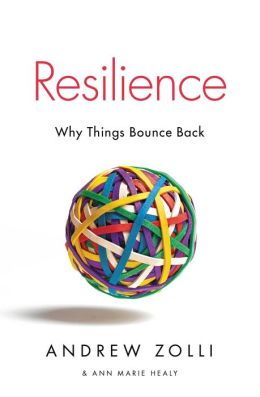Continuing with the series on comparing the Virtues Manefesto from the school of life with the VIA strengths.
The Virtues Project #2: Empathy

Why it matters
The folks at greater good point out all sorts of benefits for practicing empathy:
Which strengths do you need to mind to build your empthy?
Social intelligence: At the heart of empathy is an intuitive understand of people and what motivates them.
Capacity to love and be loved comes into play because empathy is a sharing of the heart–their and yours.
To show someone empthay is give a gift of Kindness, nurturing the possibility of authentic human connection.
Bravery because listening to other’s hearts takes courage. In order to feel deeply takes an extraordinary type of courage.
As ee cummings explains, feeling is not easy:
A poet is somebody who feels, and who expresses his feeling through words.
This may sound easy. It isn’t.
A lot of people think or believe or know they feel-but that’s thinking or believing or knowing; not feeling. And poetry is feeling-not knowing or believing or thinking.
Almost anybody can learn to think or believe or know, but not a single human being can be taught to feel. Why? Because whenever you think or you believe or you know, you’re a lot of other people: but the moment you feel, you’re nobody-but-yourself.
To be nobody-but-yourself-in a world which is doing its best, night and day, to make you everybody else-means to fight the hardest battle which any human being can fight; and never stop fighting.
As for expressing nobody-but-yourself in words, that means working just a little harder than anybody who isn’t a poet can possibly imagine. Why? Because nothing is quite as easy as using words like somebody else. We all of us do exactly this nearly all of the time-and whenever we do it, we’re not poets.
If, at the end of your first ten or fifteen years of fighting and working and feeling, you find you’ve written one line of one poem, you’ll be very lucky indeed.
And so my advice to all young people who wish to become poets is: do something easy, like learning how to blow up the world-unless you’re not only willing, but glad, to feel and work and fight till you die.
Does this sound dismal? It isn’t.
It’s the most wonderful life on earth.
Or so I feel.
Books worth checking out:





